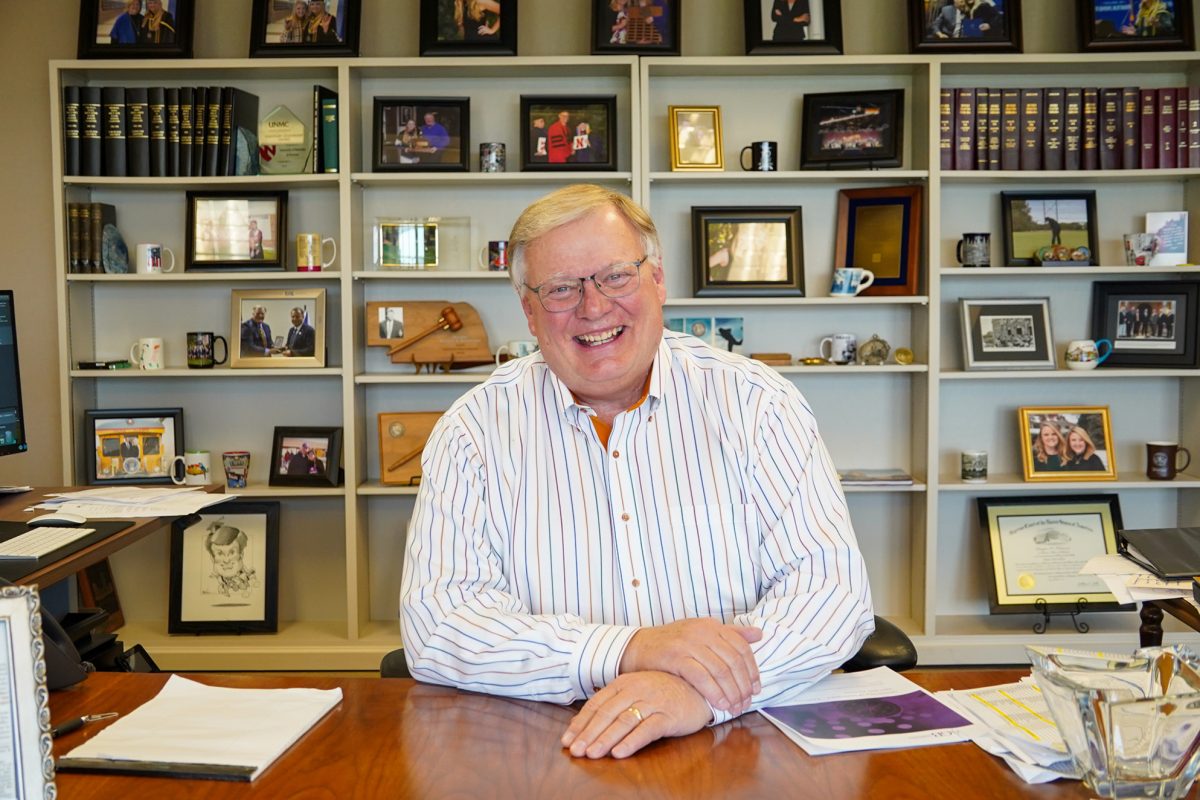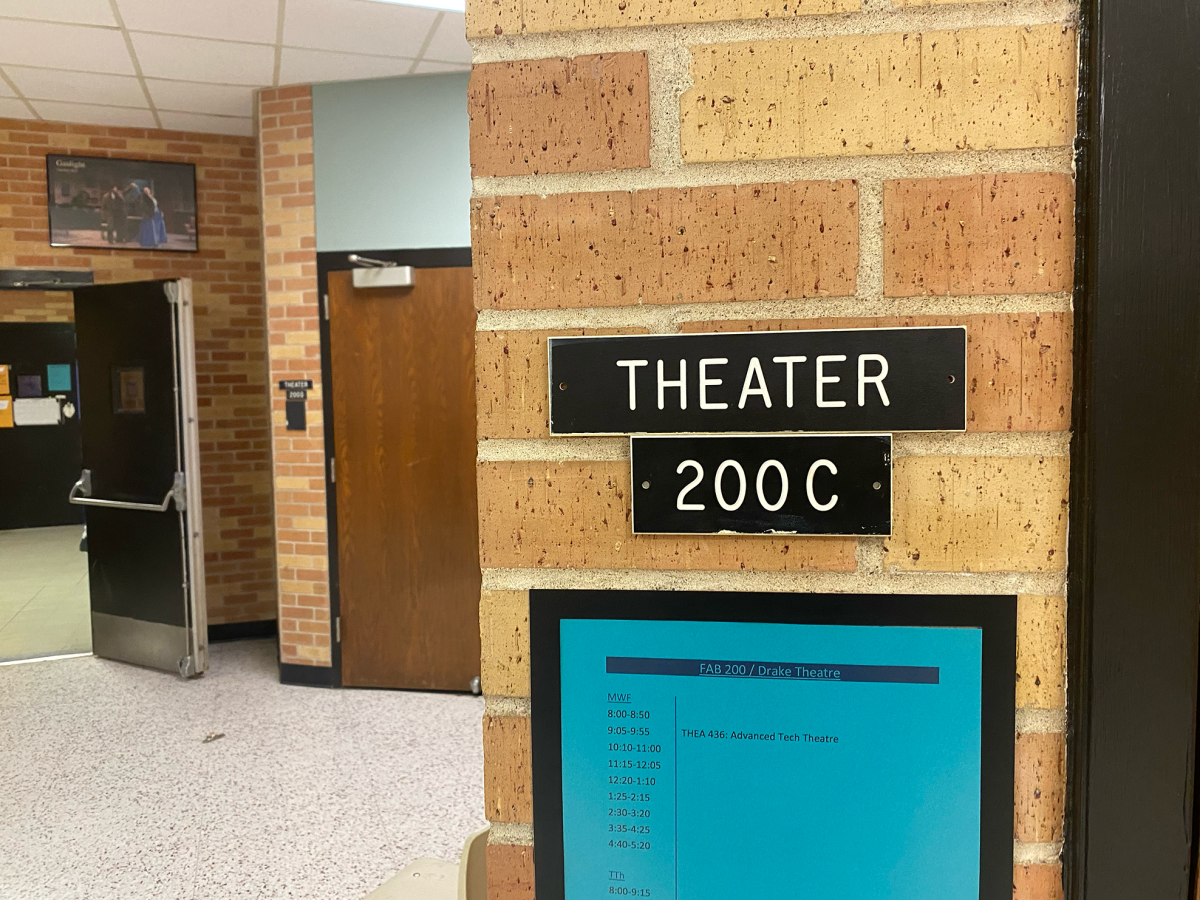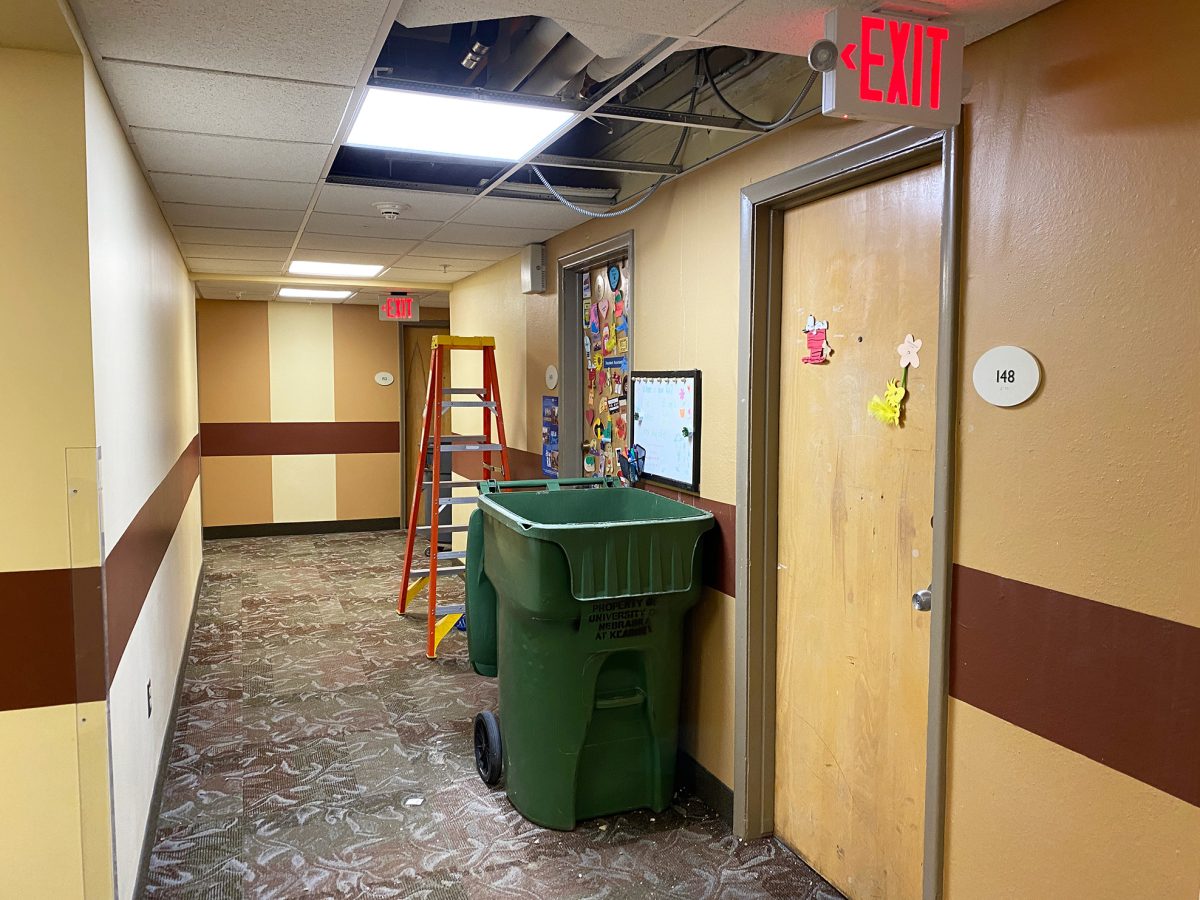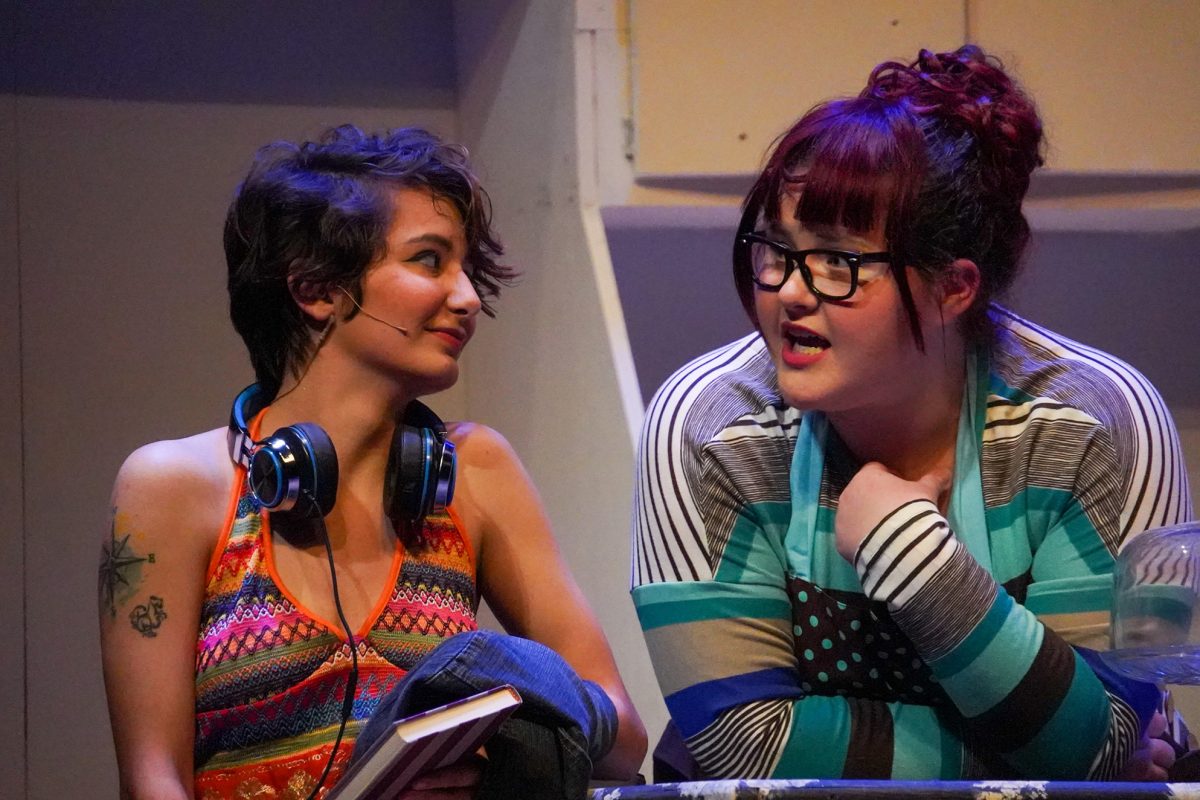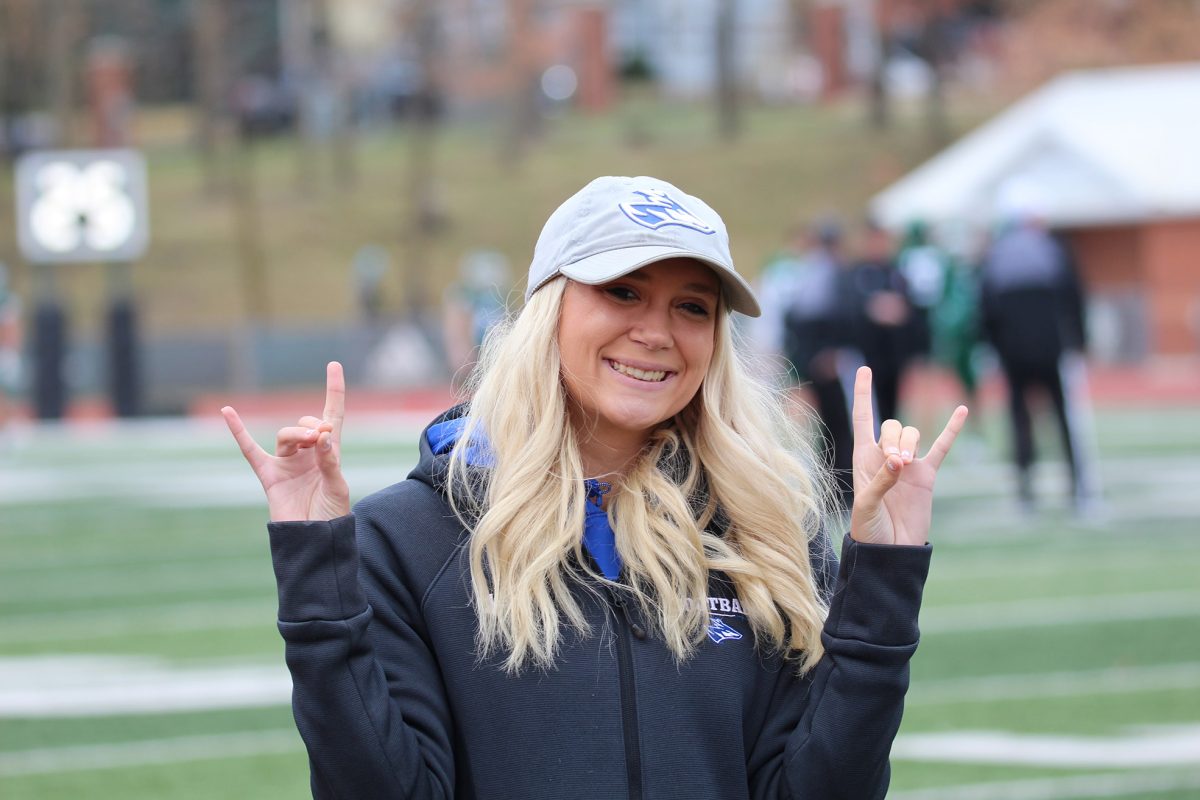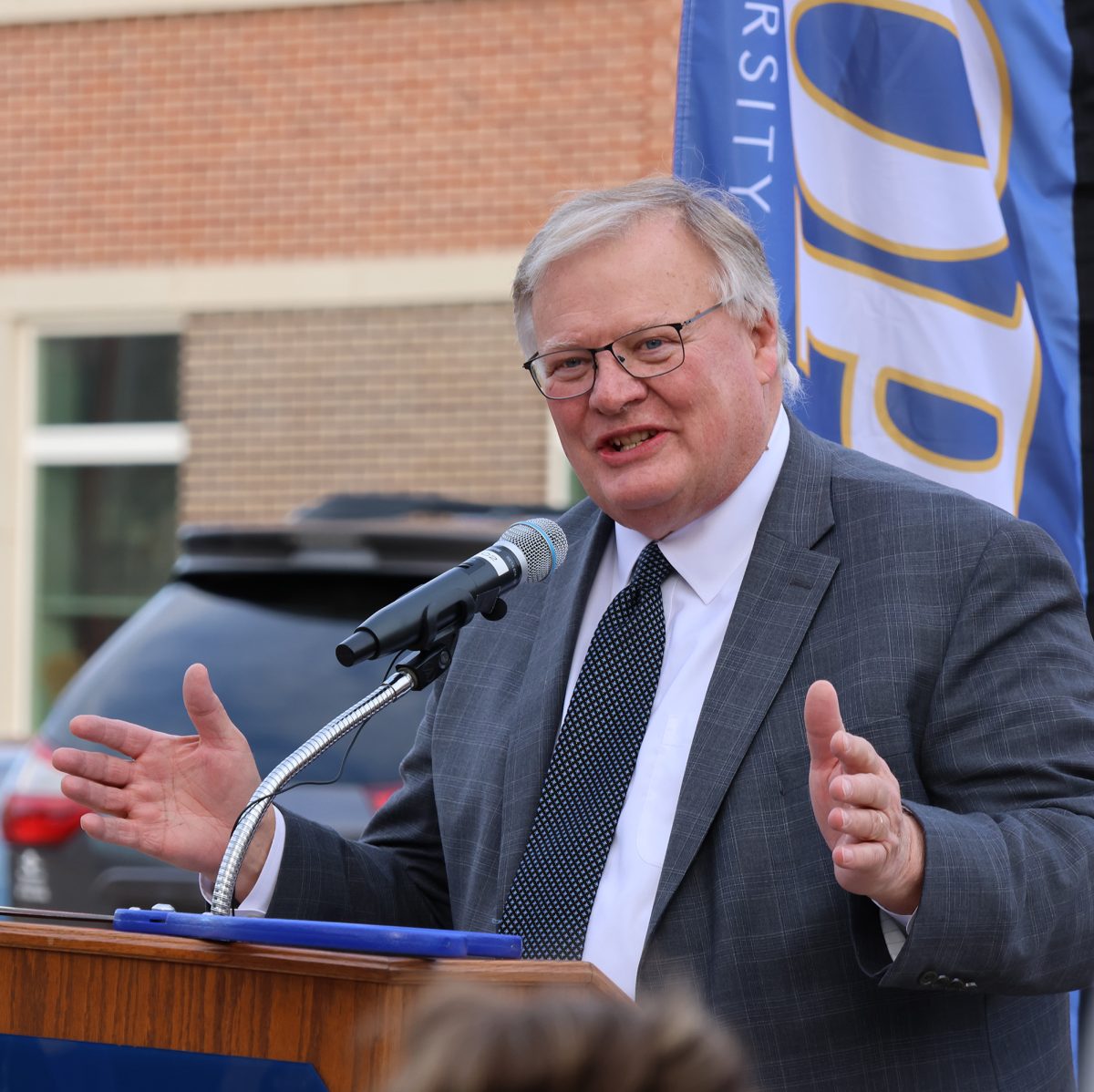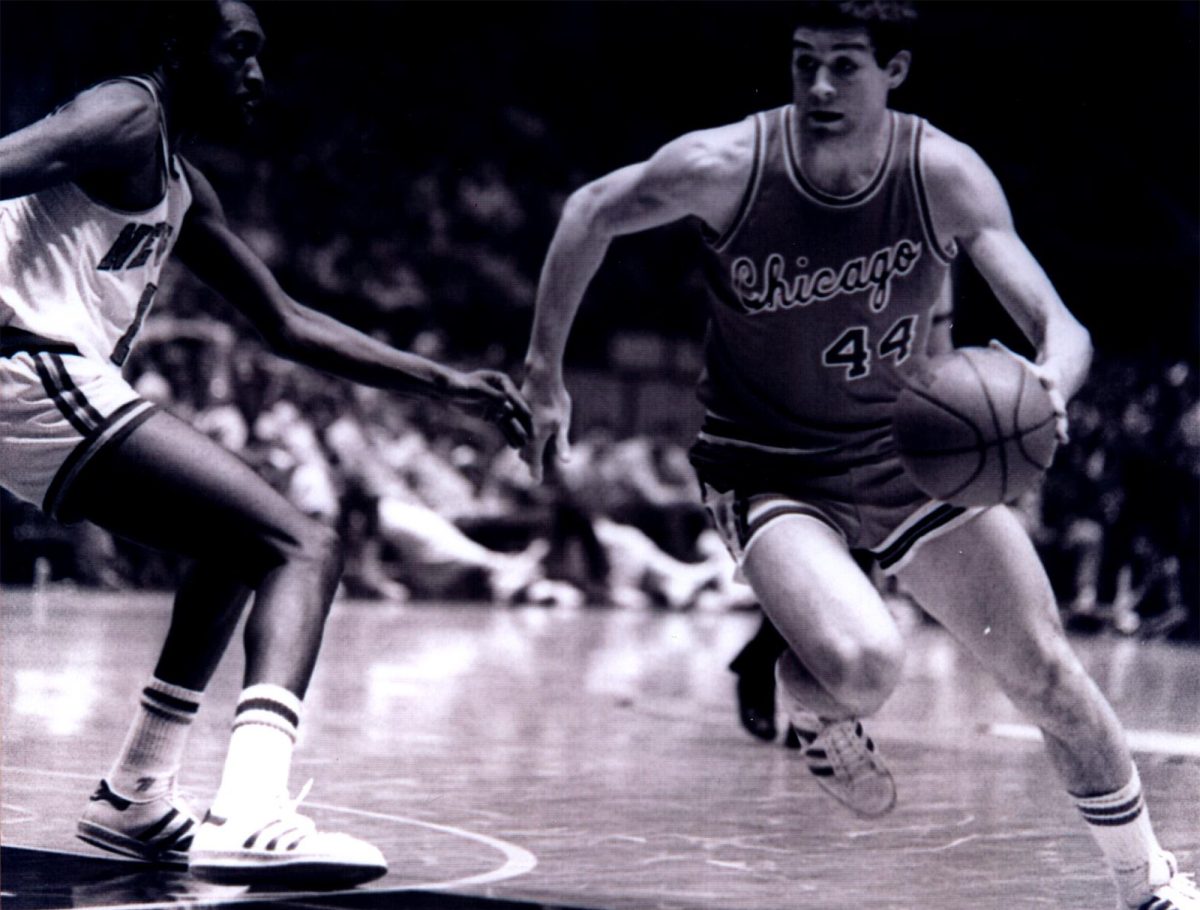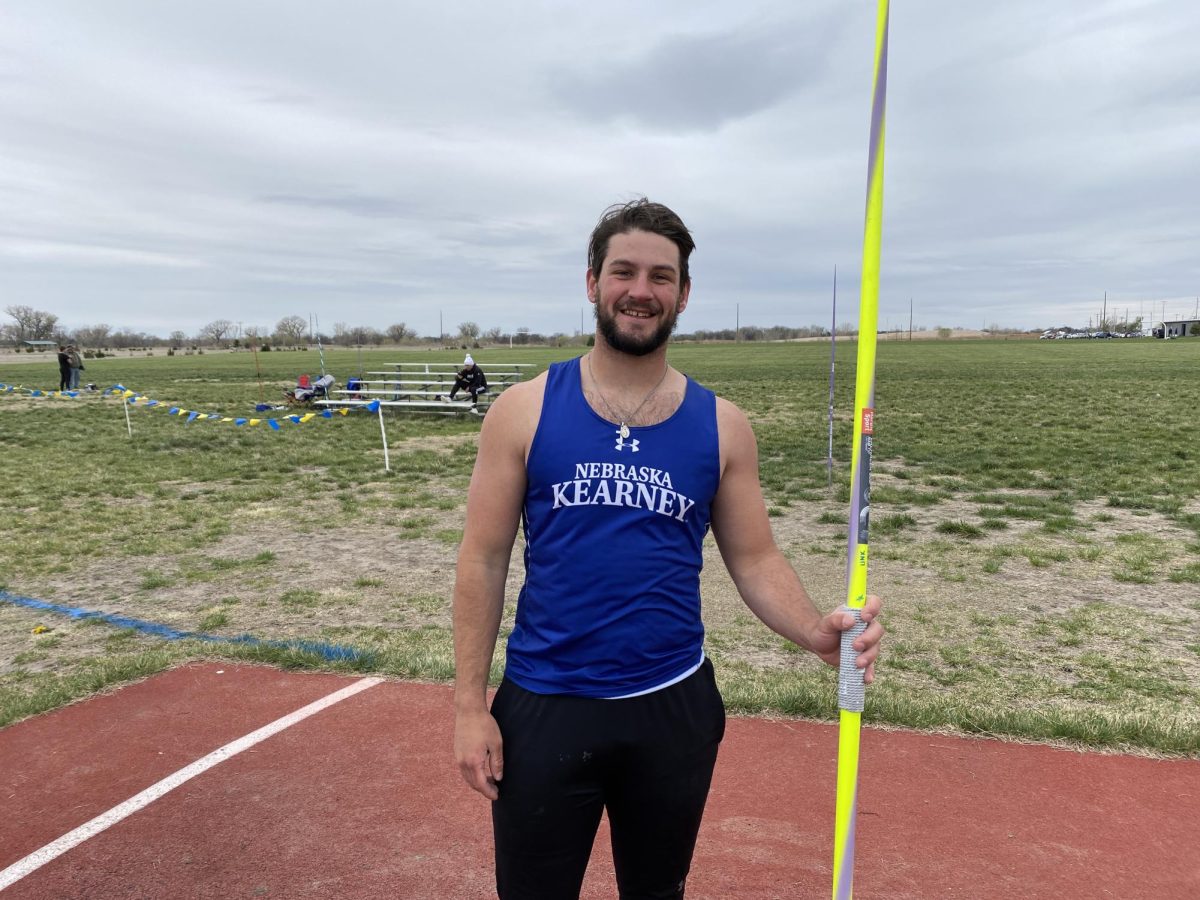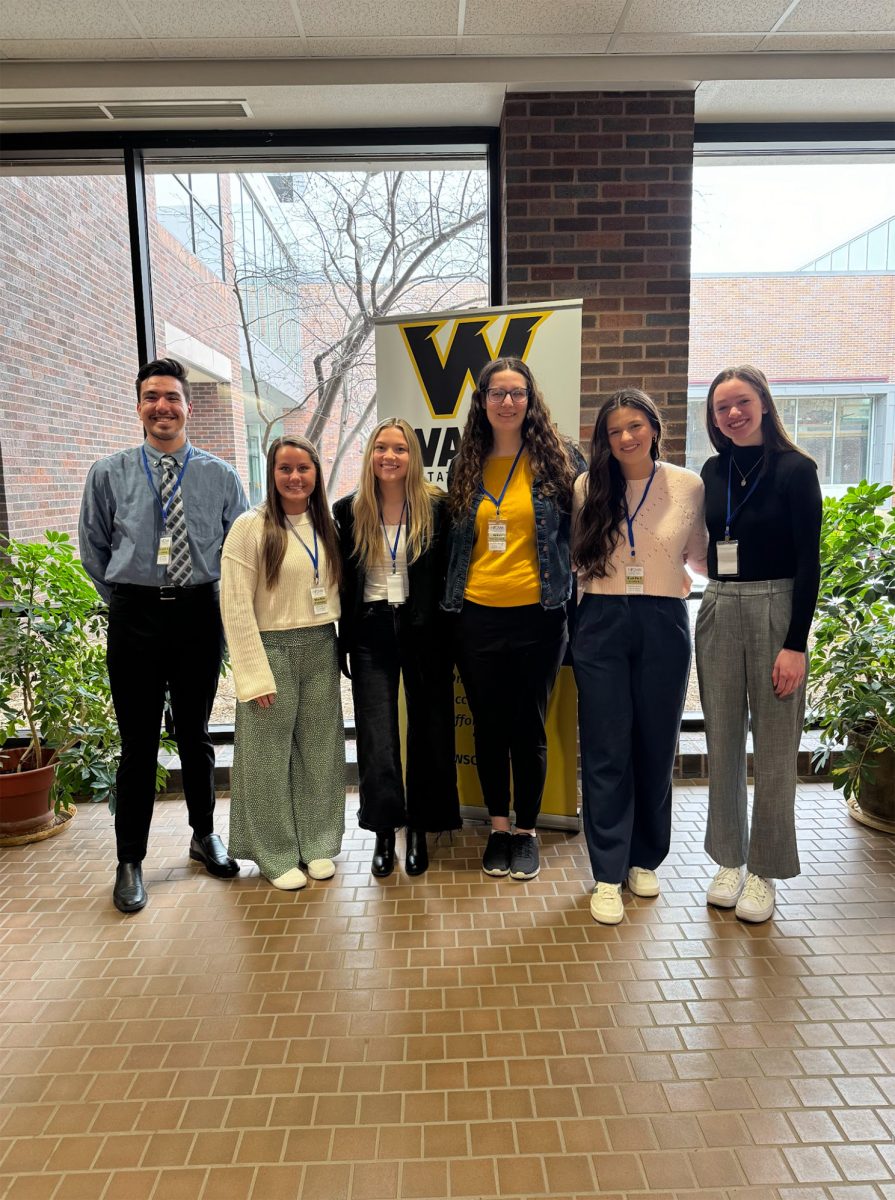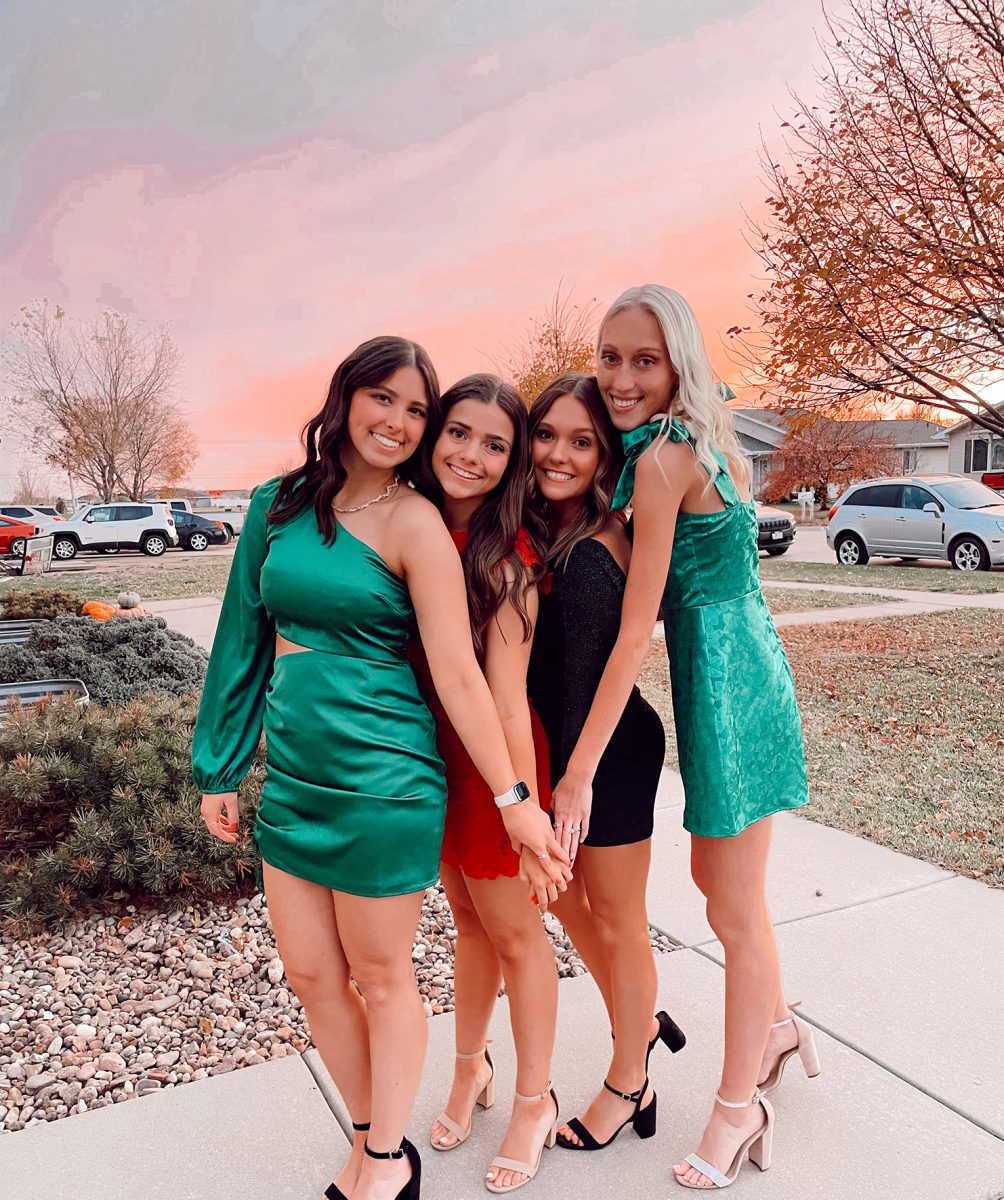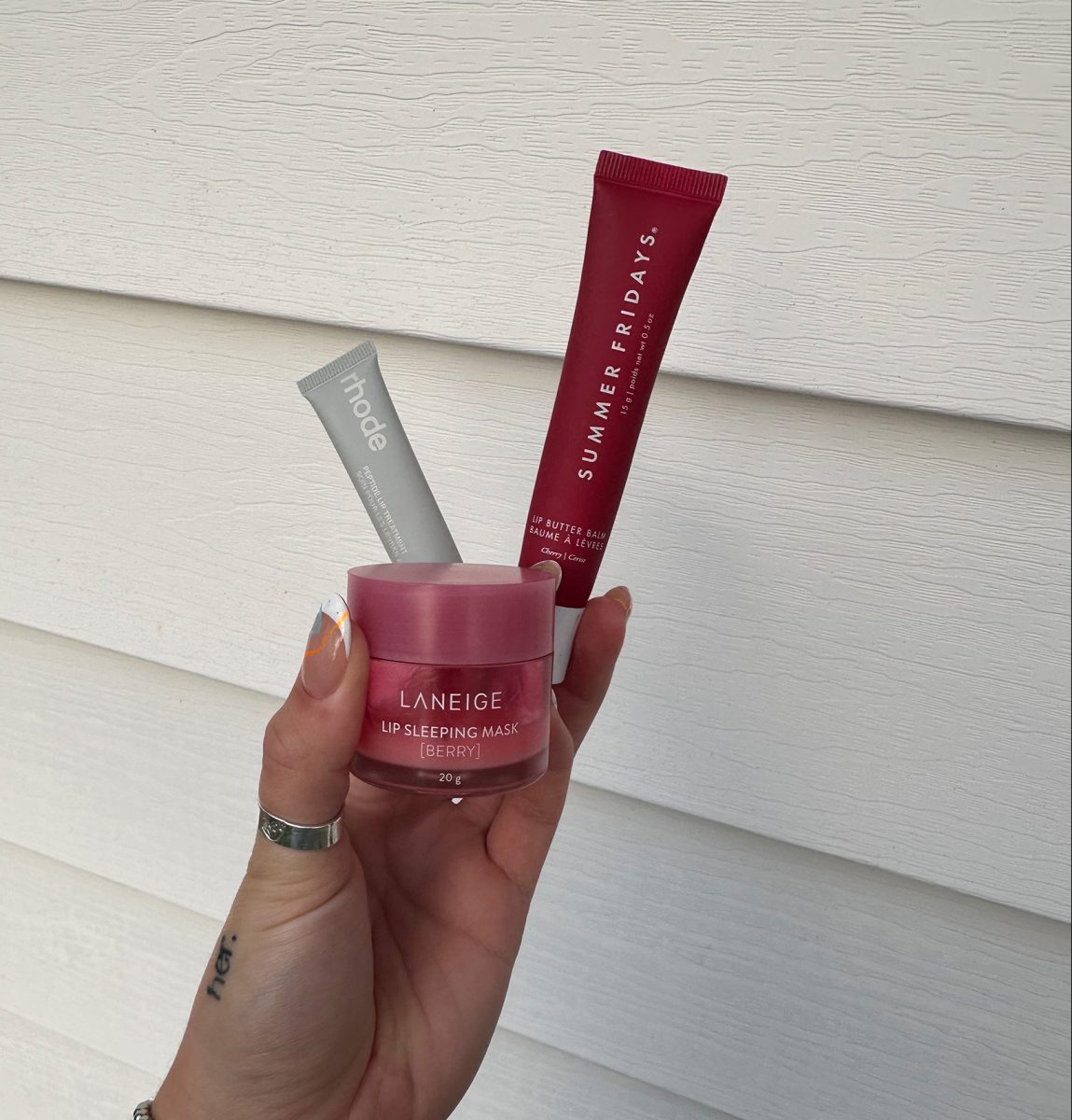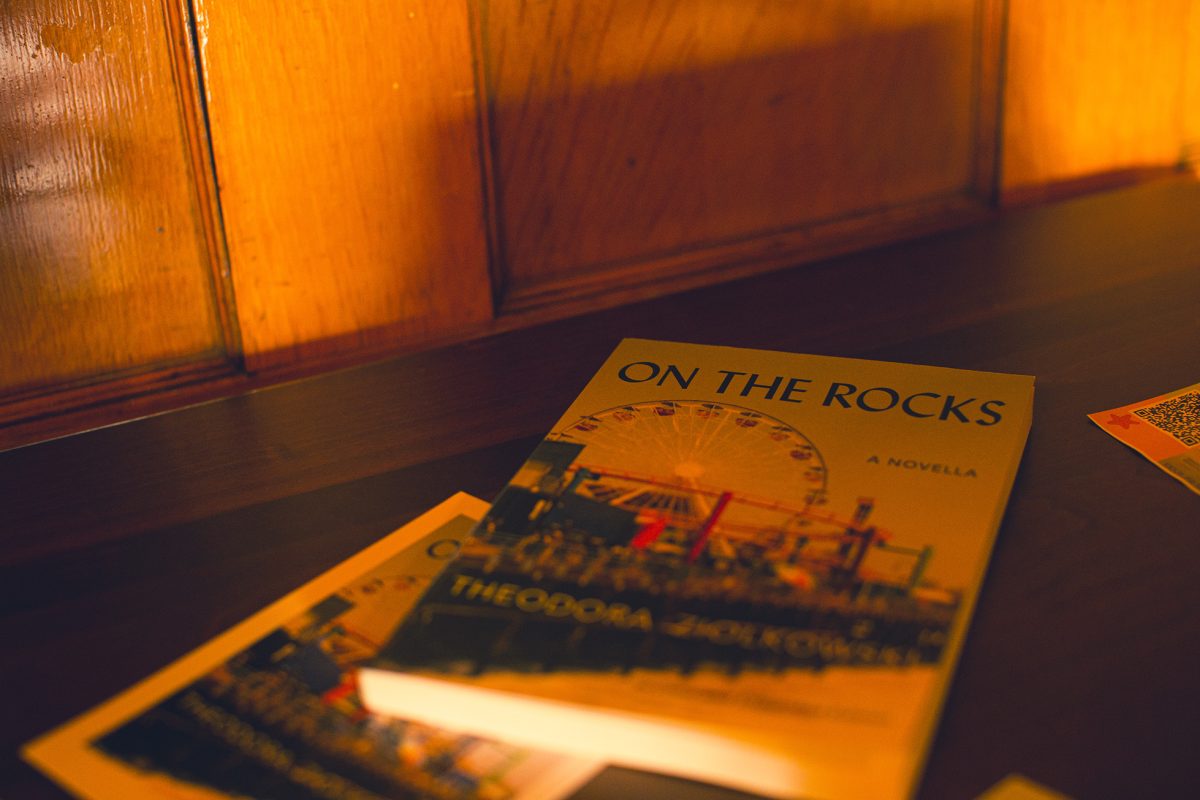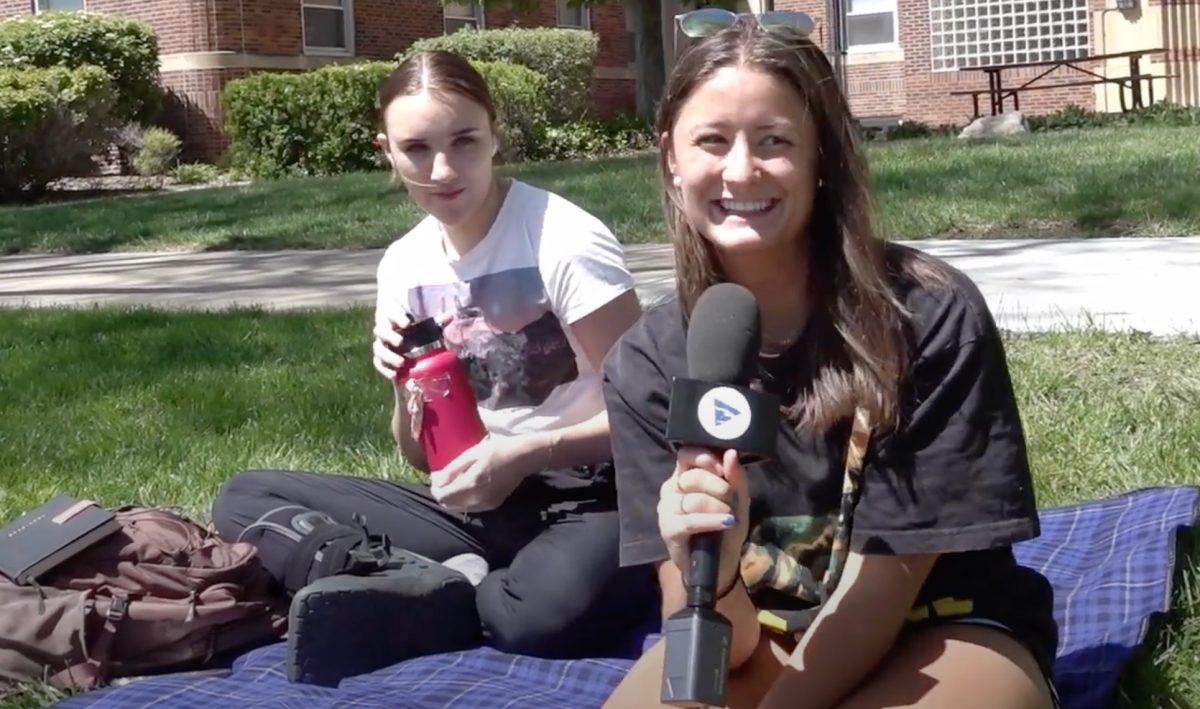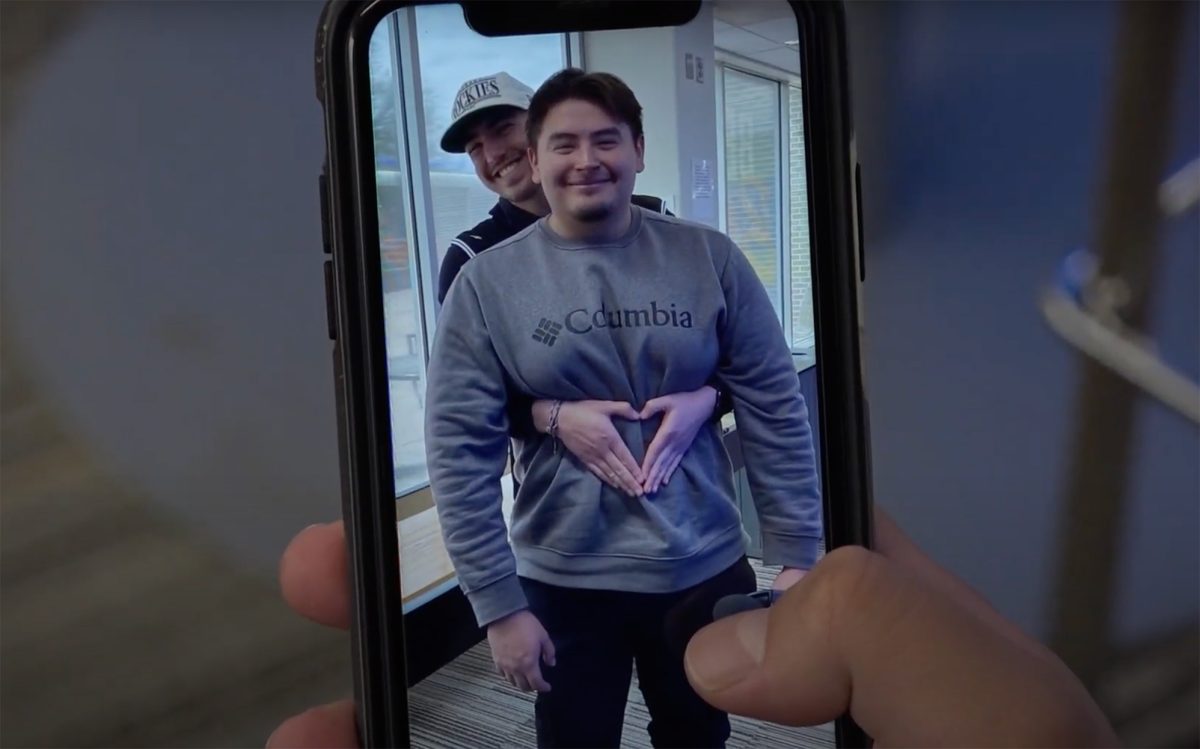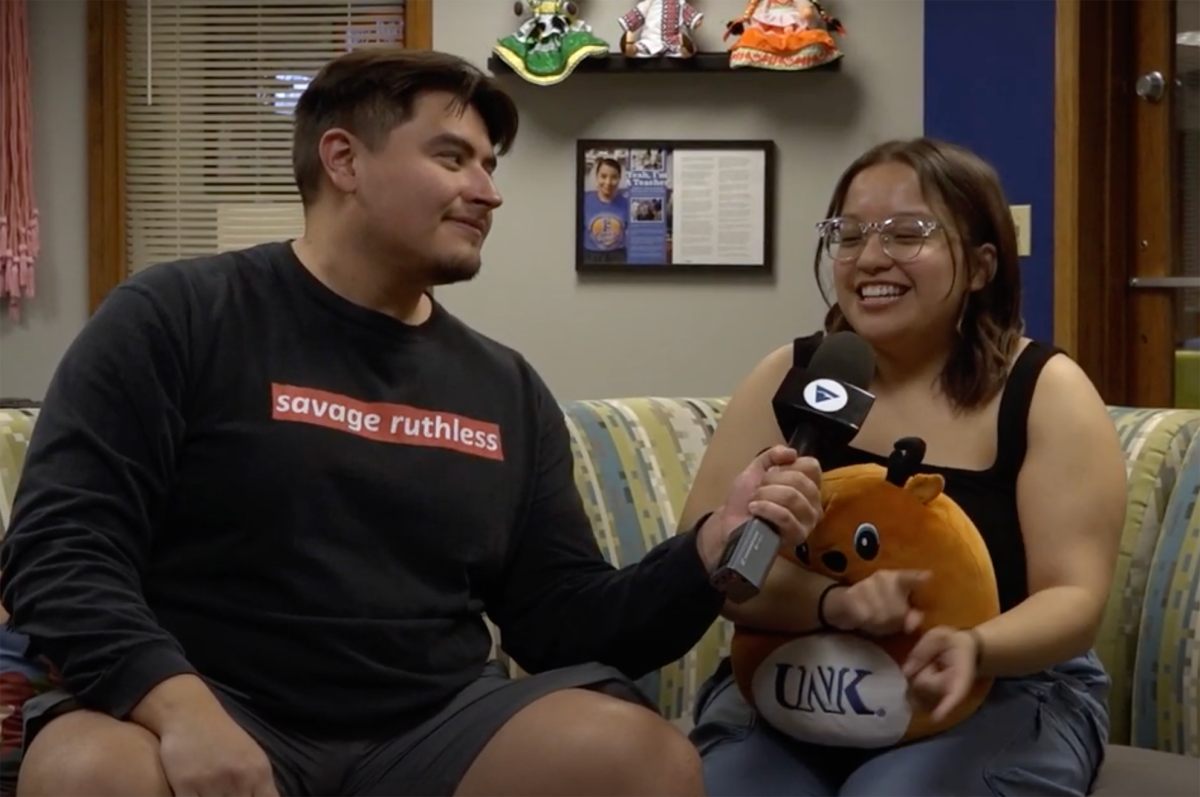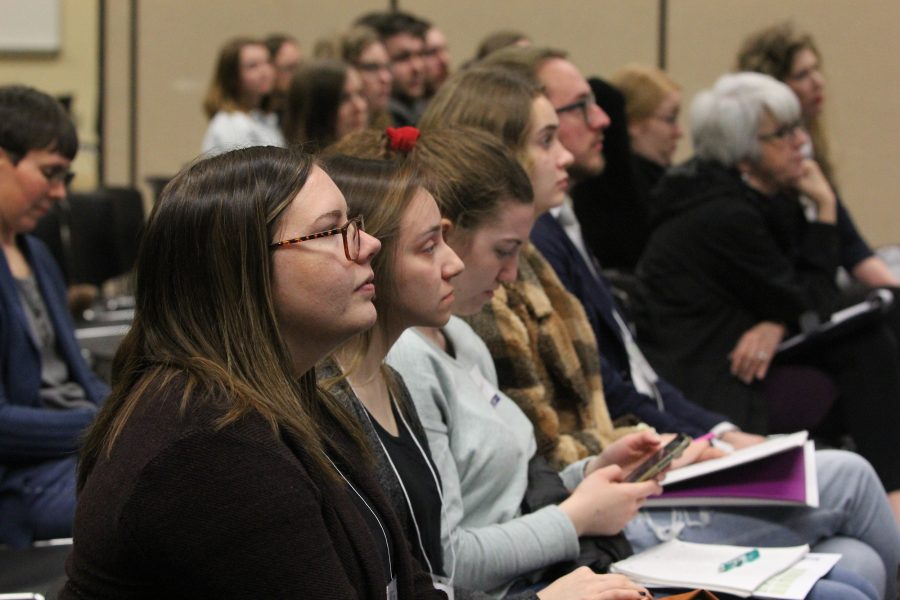JASMINE THOMPSON
thompsonjm2@lopers.unk.edu
The No Limits Conference took place in the NSU Ponderosa room last Friday. No Limits is an annual student research conference dedicated to crossing boundaries between disciplines and exploring a wide range of issues related to women’s and gender studies.
“I’m here today to talk to you about activism- activism in the red states,” said keynote speaker, Dr. Lindsey Churchill, associate professor of history and director of women’s, gender and sexuality studies at the University of Central Oklahoma. She is also the creator of the women’s, gender and sexuality studies minor at UCO.
In 2015, she worked with the campus community to create the Women’s Research Center and the BGLTQ+ Student Center.
Churchill spoke about her upbringing and how one experience shaped her entire identity. At age 16, she organized her first protest. One of her friends in high school was being sent to a gay conversion therapy camp.
Progressively, 20 years later she would create a center where individuals would discuss issues like conversion therapy and even a documentary that the women’s, gender and sexuality studies are in the process of creating.
It’s all part of that circle.
“There’s always these connections because when you’re an activist, you have to think back to who you are, your childhood, what’s made you the way that you are and the experiences that have shaped you,” said Churchill.
Shortly after college, Churchill dedicated her focus of activism to sexual liberation.
“And that’s really broad, right- when you say that? But I figured there are so many things that are important- so many facets of this that are important that we have to focus on this,” said Churchill.
Throughout the presentation it was mentioned that most people have no spaces for healthy discussions of sexuality. There are few places for people to go and talk about sex from an evidence-based perspective.
The majority of states in this country do not have to teach factually based sex education. Sex positivity was also brought up at the conference.
“This is such a misunderstood word and we had a difficult time trying to explain when we were creating our curriculum about sex education- what it means to be sex positive, what it means to come from a perspective of sex positivity.”
Sex positivity is a very broad idea. It’s a worldview idea that all sex, as long as it’s explicitly consensual, is positive, but only as long as it’s a choice that is consensual that removes the stigma surrounding sex positivity.
“And that healthcare is part of sex positivity, right? Because we have to be able to take care of our bodies to be able to know our bodies,” said Churchill.
At the Women’s Research Center and BGLTQ+ Student Center, Churchill supervises more than 40 student researchers, interns and volunteers. She has given more than 50 invited lectures, speeches and discussions about issues regarding sexual health, gender and sexuality studies.
Her book, “Becoming the Tupamaros: Solidarity and Transnational Revolutionaries in Uruguay and the United States,” was published in February 2014 by Vanderbilt University Press.
Churchill worked as a Fulbright Specialist in Latvia in 2016. She is the recipient of the Oklahoma Human Rights Award from the United Nations Association and Oklahoma University Human Rights Association (2016).

